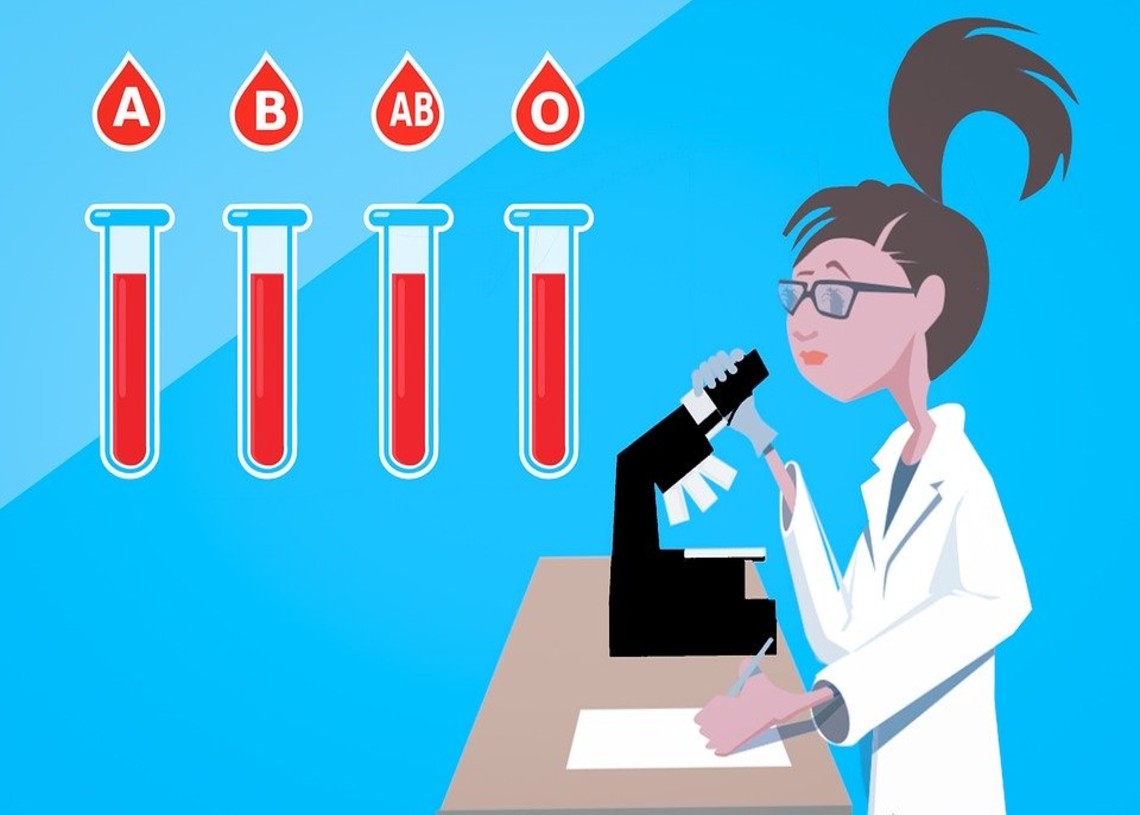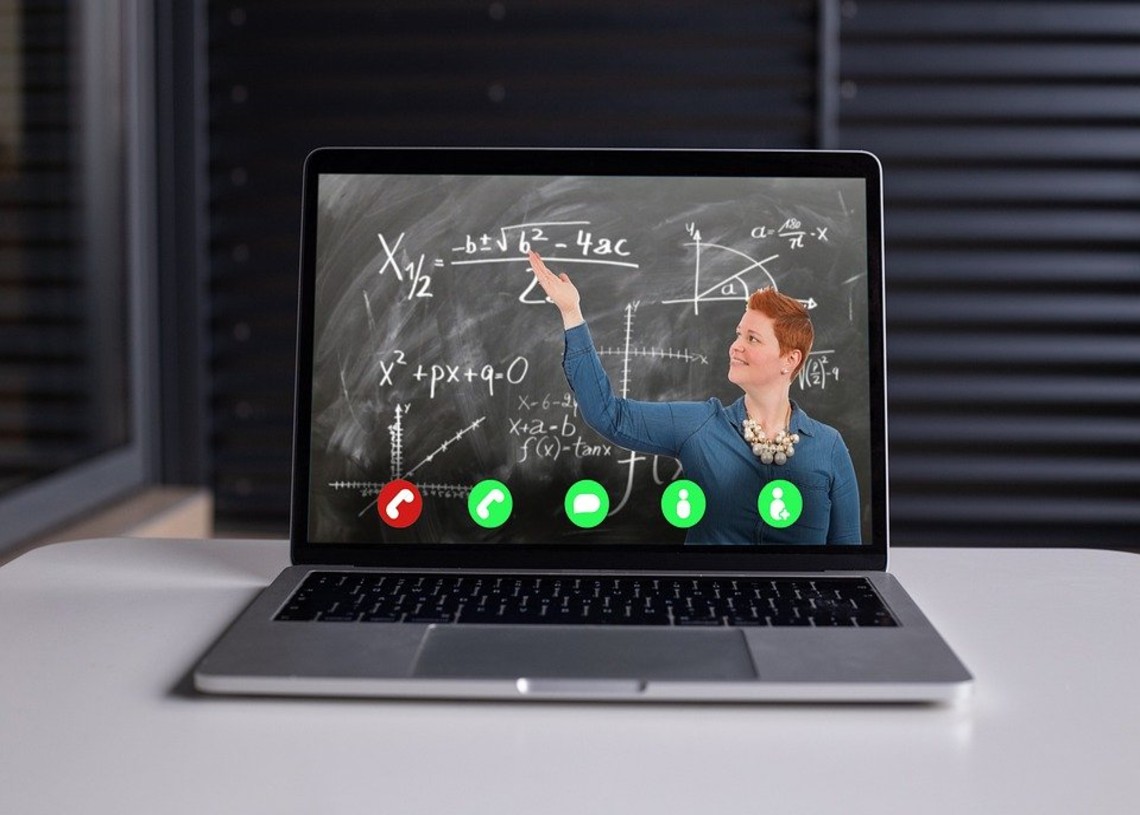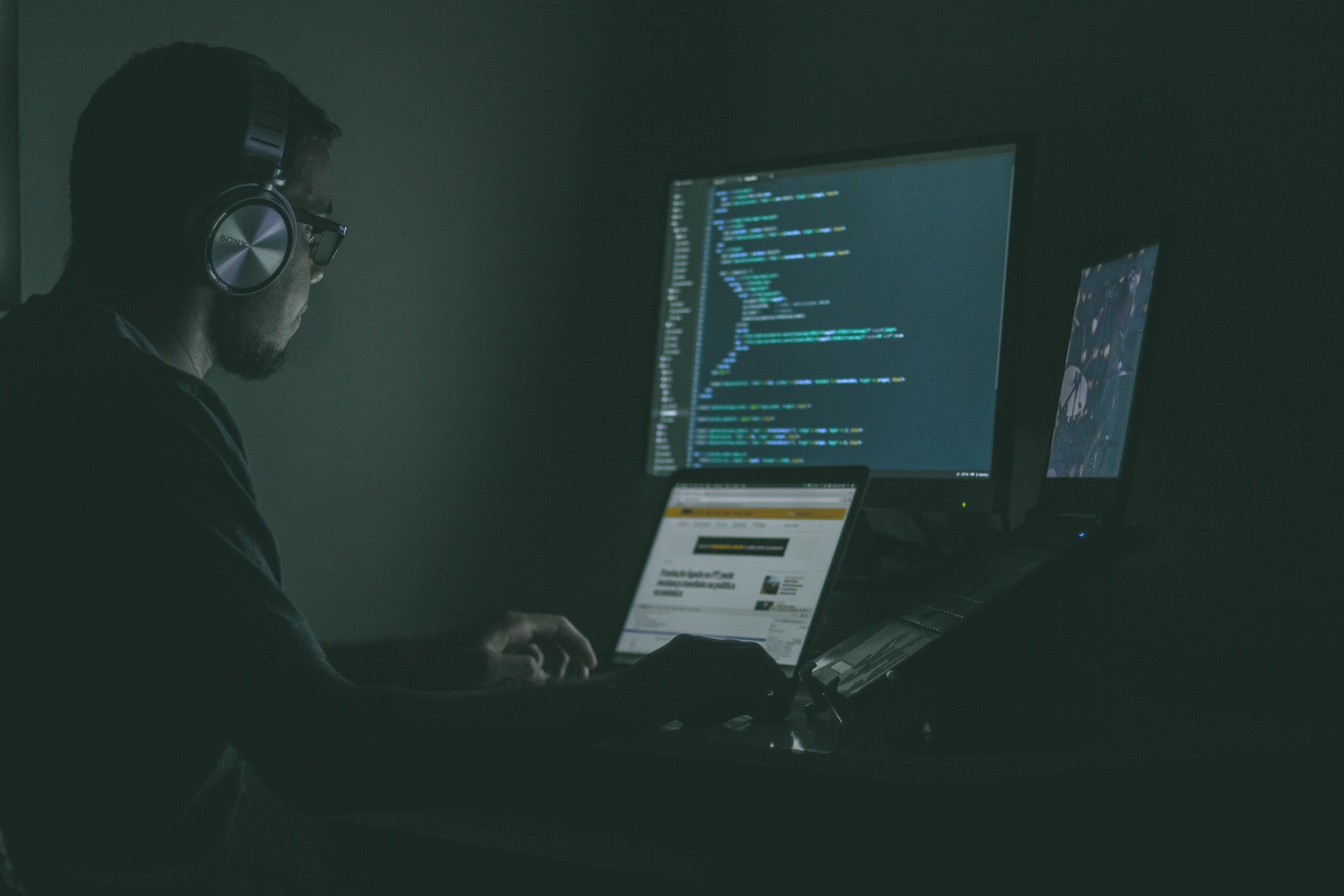Learning Economy CEO Chris Purifoy and chief technology officer Jacksón Smith acknowledge that the blockchain system could support the world economy, with the recent findings that skills are the newest best form of currency. Smith reiterates that education could be the new form of gold standardization.
Smith believes that Institutions, employers have the need to quantify skill development but lack of a data-sharing method signifies fragmentation of the process. Consolidation of data would be much valuable but would raise issues especially privacy and therefore Learning Economy is promoting ways to share data more anonymously on the public database.
Determining education opportunity value is enabled by blockchain, which is an advanced method of record-keeping that was initially invented to support crypto- bitcoin. Blockchain enables the sharing of records across a network of computers for users. The records are encrypted which makes it tamper-proof.
Smith says that the blockchain system unifies the whole supply chain and can do remarkable things. Student records would be used to bypass the largely bureaucratic processes of credits transfer between institutions of learning.
Learning Economy’s blockchain system would bring out broad patterns all this time keeping individuals anonymous and could be analyzed to provide a skills sets graph. Mapped details of the skills can be used by administrators schools and employers obtain skill gaps and help determine educational opportunity value.
Learning Economy ready for trial
Washington DC-based non-profit Learning Economy is helping share data about skills, education and work history using blockchain, the technology behind Bitcoin. Colorado’s Department of Higher Education and Broward County Public Schools in Florida, the latter of which serves a quarter of a million school students, have already signed up to trial Learning Economy’s technology.
Educational opportunity value helps students to be more successful in the age of technological advancement. Hence, the best strategy is to enhance skill sets such as emotional intellect, flexibility, and innovativeness in order to tap on educational opportunity value. However, there are very minimal instructions on how to go about it and this renders it a problematic task.
There should exist a method to evaluate the university courses, job choices, and showcase how the skills would match the job market. That is the target of the Washington based organization, Learning Economy which is creating a method to share out information based on people’s skills, education using Blockchain technology.
The system tracks learning from preschool towards tertiary levels, checking on qualifications. The information gives education instructors insight into the process of learning and therefore issue guidelines.
That sounds like a herculean task especially because the task relies mainly on donations and monetary support from its co-founders Purifoy and Smith Jackson. Colorado’s Higher education department has signed up to try the blockchain technology from the Learning Economy.
Customized education roadmap
Most systems of education have implemented their solutions for showing learning paths, according to Jenifer Adams, former education director for a board of schools that supervised institutions in Canada’s Ottawa. However, using Blockchain to decentralize the whole process and get data from many more sources would widen the scope and reduce barriers to entry by organizations that lack superb information technology (IT) skills.
Smith agrees that the data collected on the Learning Economy system will be of huge value to governments and job providers will be much more willing to pay for a service that helps them explore different skill sets.
Purifoy agrees that there exist dangers of using an approach that is designed in economic terms to quantify education value. Therefore, they want to make a life graph through the integration of a wider variety of sources of data like life surveys and job satisfaction. That makes it possible for learners to acquire their life paths based entirely on professional and academic success and allow users to make up a personal roadmap to happier and more successful lives.
Looking back at the past, and looking where education is now, a lot still needs to be reconciled between the past and the future,







